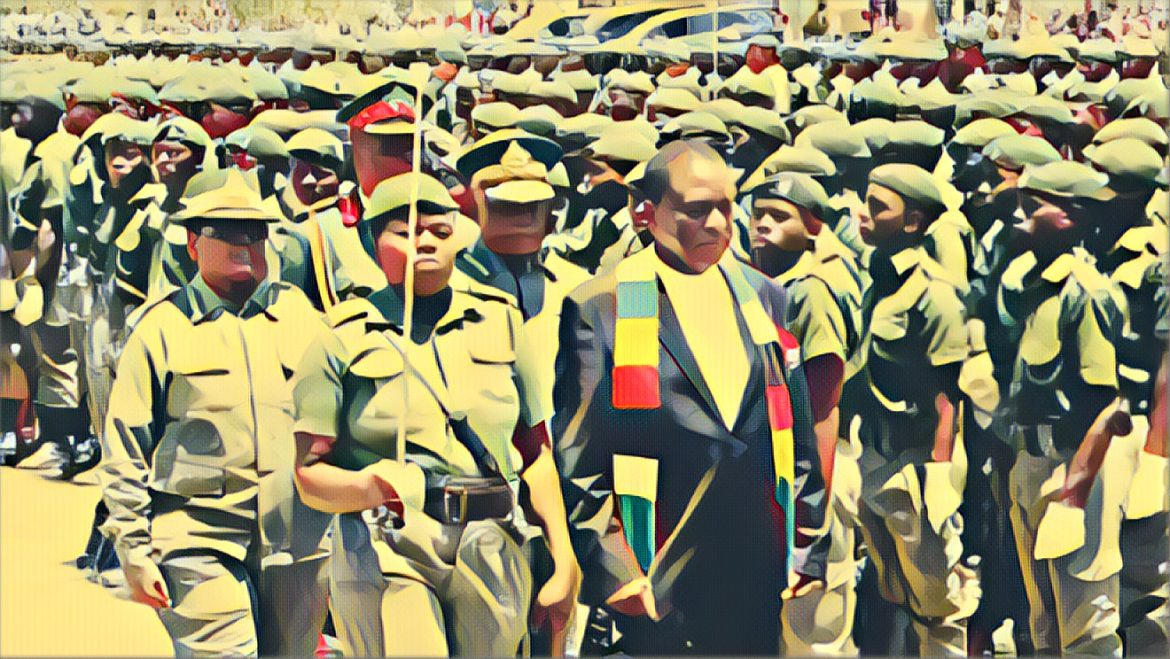Zimbabwe is undergoing a major transformation of its prison and correctional services as part of its vision to achieve a prosperous and empowered upper-middle-income society by 2030. The Second Republic, led by President Emmerson Mnangagwa, has prioritised modernising and improving the prison system in line with international standards and human rights principles.
According to the Herald, the President spoke at the Zimbabwe Prisons and Correctional Services (ZPCS) 152nd recruit officers’ pass-out parade at Ntabazinduna Prison Training School in Umguza District, where he reiterated the government’s commitment to effectively capacitate the operations of the ZPCS and ensure its mandate of incarceration, rehabilitation and reintegration of inmates.
The President said the government has approved the construction of modern state-of-the-art correctional facilities in Gwanda, Matabeleland South, and Hurungwe in Mashonaland West to alleviate overcrowding and improve living conditions in prisons. He also said the government has allocated various service vehicles to the ZPCS to meet its administrative and operational needs.
The President also commended the ZPCS for its rehabilitation programmes, which provide inmates with vocational training and skills development, such as carpentry, mechanics, sewing and welding. He said these programmes are instrumental in equipping inmates with the knowledge and abilities needed for successful reintegration into society upon completing their sentences.
The President also praised the ZPCS for conducting reciprocal benchmarking visits with Southern African countries to learn from their best practices and enhance the management of prisons and correctional facilities. He urged the ZPCS Commissioner-General Moses Chihobvu to revamp and modernise the prison system per the Vision 2030 goals.
The President also called upon all Zimbabweans to participate in the country’s socio-economic development programmes, saying that no one and no place will be left behind as the nation marches towards attaining a prosperous and empowered upper-middle-income economy by 2030.
The Herald reported that 749 officers, comprising 535 males and 214 females, graduated after six months of training. The profile of the recruit officers reflects the government’s drive to champion equal participation of all Zimbabweans in national development, including previously marginalised communities. The report said that 10 recruited correctional officers who graduated came from the San community in Tsholotsho District, a minority group that has faced historical discrimination and exclusion.
The President also implored the newly graduated correctional officers to be disciplined and professional and to shun risky lifestyles such as drug and substance abuse. He also encouraged them to advance academically and be innovative, entrepreneurial and forward-thinking.
The President’s speech and the graduation ceremony demonstrated the government’s efforts to reform the prison and correctional services in Zimbabwe and to foster a more humane and inclusive society that respects human dignity and promotes social justice.
Source: The Herald


